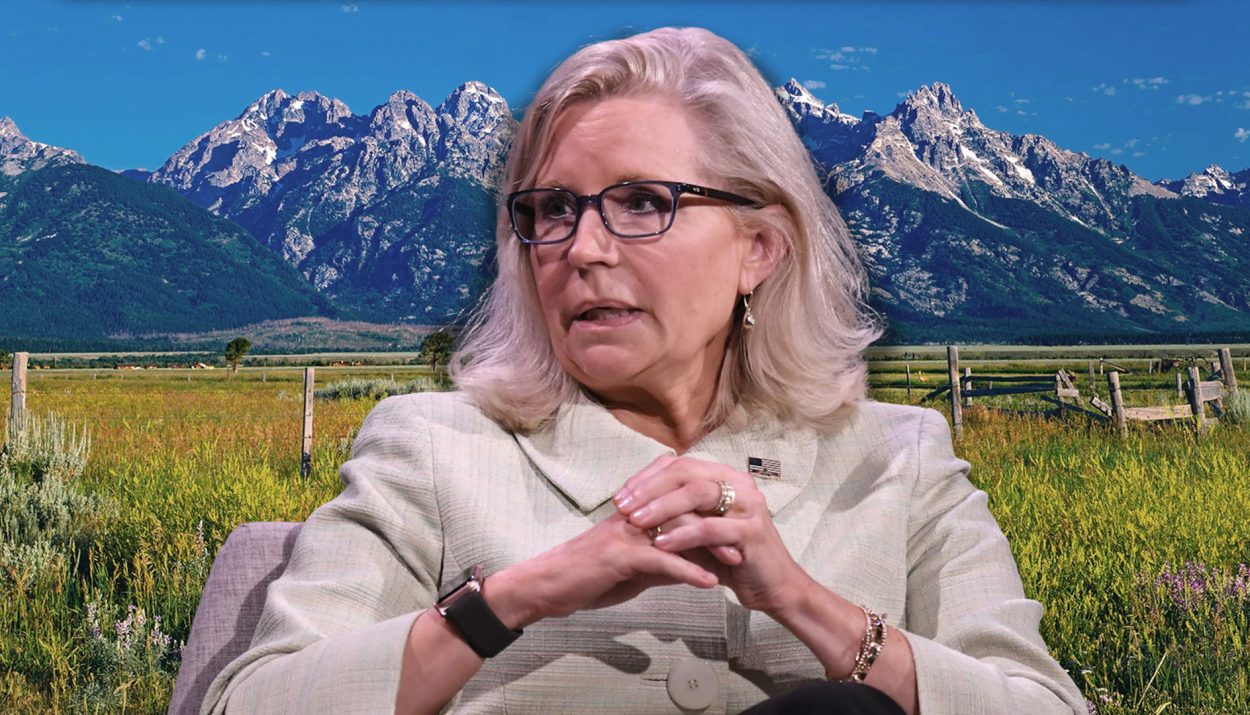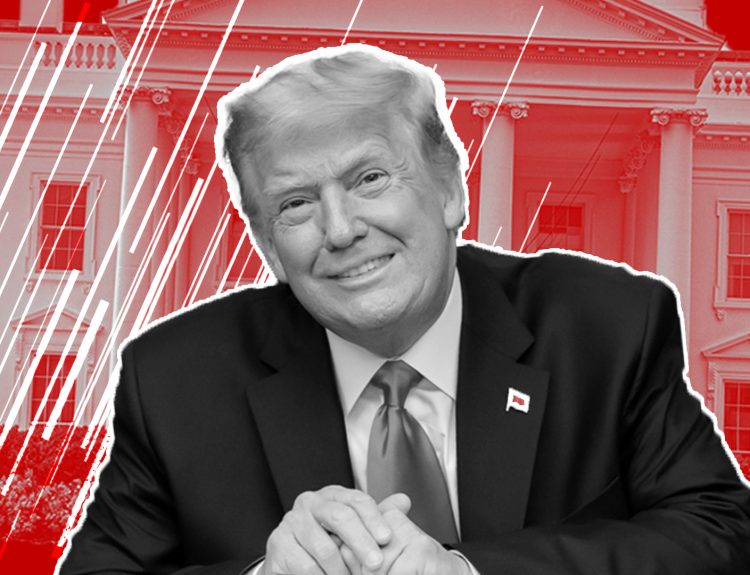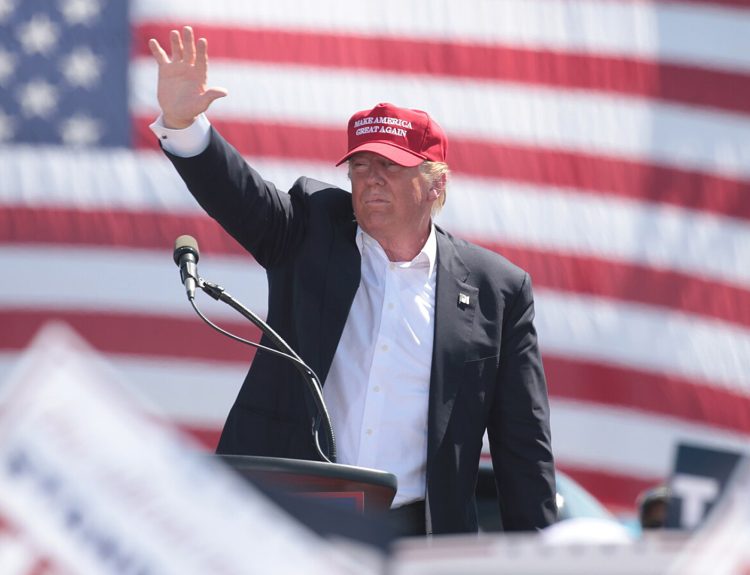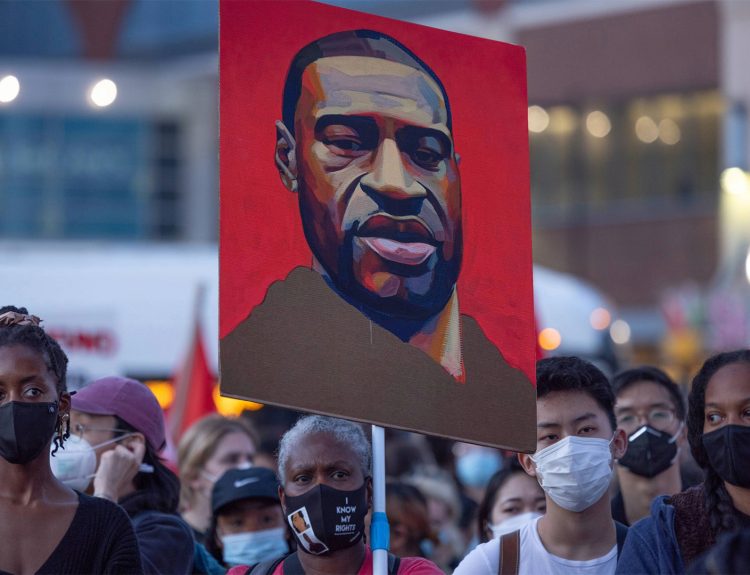In a stunning turn of events, the Wyoming Republican Party’s committee overwhelmingly rejected the controversial “Liz Cheney Amendment” after nearly eight hours of heated arguments. The proposed changes, aimed at giving the party more power to expel members they disagreed with, sparked fierce opposition and left many attendees disappointed with the outcome.
Tensions Run High at Wyoming GOP Convention
The convention, held at Little America in Cheyenne, witnessed a whirlwind of discussions and revisions to party rules on its first day. However, the proposed “Liz Cheney Amendment” failed to gain sufficient support from the Bylaws Committee, despite the efforts of its proponents. The atmosphere was electric as attendees passionately debated the merits and drawbacks of the controversial proposal.

As the hours ticked by, emotions ran high, and the divide between supporters and opponents of the amendment grew more pronounced. The very fabric of the Wyoming Republican Party seemed to hang in the balance as the committee grappled with the far-reaching implications of the proposed changes.
Disappointment and Frustration Amid Rejection
Vince Vanata, a Park County GOP committeeman, expressed his disappointment with the outcome, despite initially supporting the proposed adjustments. “Now I know how the legislators in the 2024 session feel,” he lamented, capturing the sentiment of many who had hoped for a different result.

The rejection of the amendment left a bitter taste in the mouths of its supporters, who believed that the party needed to take a stronger stance against members who strayed from its core principles. The disappointment was palpable as they grappled with the realization that their efforts had been in vain.
Evolving Opinions and Shifting Perspectives
Colin Crossman, head of the business division, noted the fluid nature of opinions throughout the lengthy discussions. “A lot of people came in with an open mind,” he observed, highlighting the willingness of attendees to consider different viewpoints.

However, as the debate wore on, even those who had initially supported the original proposal began to recognize that the bylaws had strayed significantly from their intended purpose. The evolution of perspectives within the committee reflected the complexity of the issues at hand and the challenges of finding common ground.
The Origins of the “Liz Cheney Amendment”
The controversial proposal, dubbed the “Liz Cheney Amendment,” had its roots in the Weston County Republican Party. Concerns about Cheney’s actions and perceived misalignment with party principles had prompted the drafting of the amendment, as explained by Kari Drost, Weston County GOP Chair.
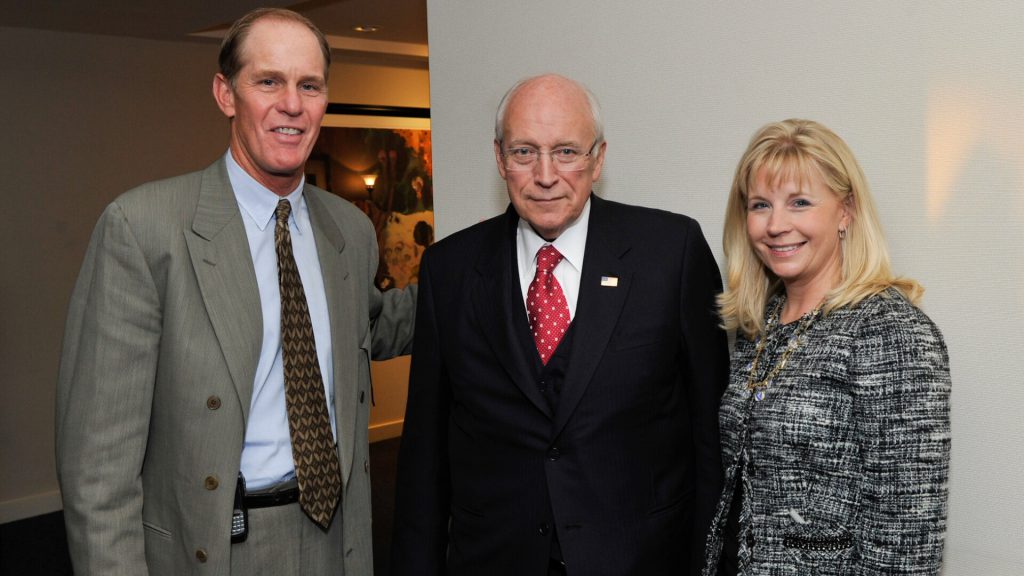
Drost emphasized the motivations behind the proposal, citing worries about Cheney’s divergence from party values and the need to hold members accountable for their actions. The amendment aimed to give the state party the power to expel members whose conduct was deemed contrary to Republican principles.
Addressing Crossover Voting and Party Integrity
One of the key issues the proposed regulations sought to tackle was crossover voting, where individuals switch party affiliations to influence primary elections. With the 2024 elections on the horizon, the Wyoming GOP recognized the potential challenges this could pose to candidate endorsements and party integrity.
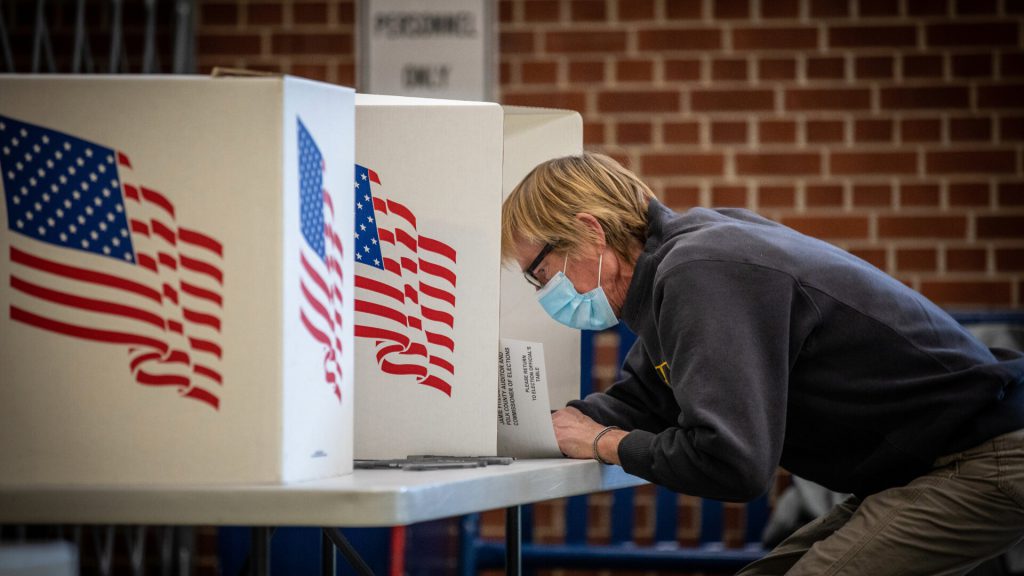
Proponents of the amendment argued that stricter measures were necessary to safeguard the party’s values and prevent the dilution of its message. They believed that the ability to expel members who acted against the party’s interests was crucial to maintaining a cohesive and principled organization.
Critics Raise Concerns Over Legality and Principles
Despite the intentions behind the proposed bylaws, they faced significant criticism from within the party. Some members, like Carbon County GOP Committeeman Joey Correnti, argued that the amendments ran afoul of state laws and undermined fundamental principles such as freedom of speech and association.
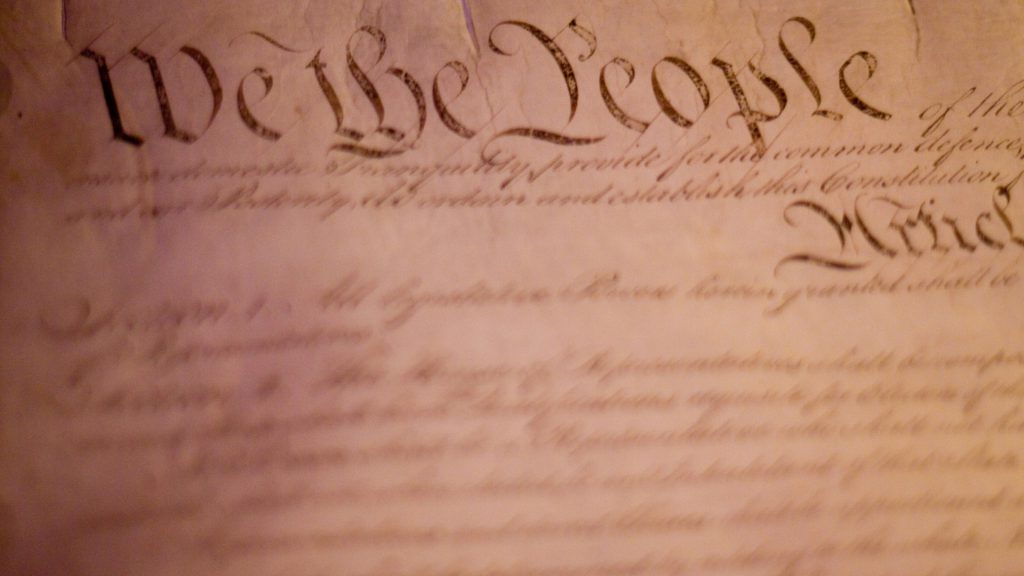
Critics warned that the proposed changes could open the door to abuse and the suppression of dissenting voices within the party. They stressed the importance of upholding democratic values and allowing for a diversity of opinions, even when those opinions might diverge from the party line.
Defending the Party’s Right to Uphold Principles
Brian Shuck, the Wyoming GOP’s general lawyer, mounted a defense of the proposed bylaws, emphasizing the party’s right to enforce its principles and constitution. He argued that the amendments were necessary to ensure the integrity and coherence of the party’s message.
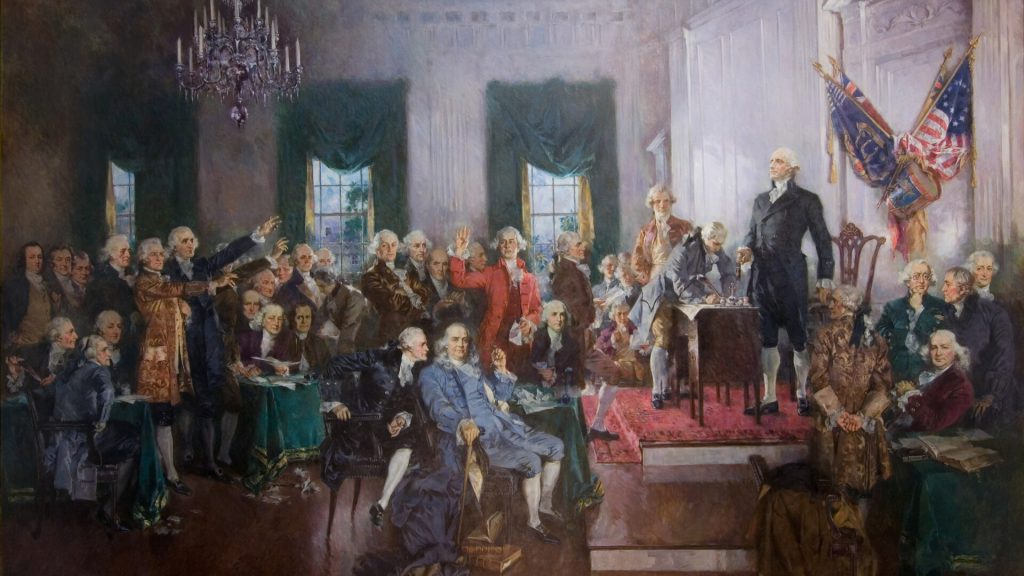
However, Shuck’s arguments were met with skepticism from many attendees, who questioned the potential infringement on members’ rights and the party’s legal standing. The debate highlighted the delicate balance between upholding party values and respecting individual freedoms.
The Specter of Unintended Consequences
As the discussions progressed, concerns emerged about the potential consequences of implementing overly restrictive regulations. Some attendees warned that the proposed bylaws could be weaponized or lead to legal challenges down the line, creating more problems than they solved.

The specter of unintended consequences loomed large over the debate, with many questioning whether the amendments would ultimately strengthen or weaken the Wyoming Republican Party. The fear of internal divisions and the erosion of trust hung heavy in the air.
Seeking a Path Forward Amid Ideological Tensions
Colin Crossman cautioned against adopting measures that could undermine the party’s integrity or alienate certain factions within the GOP. He emphasized the need for unity and the importance of finding common ground, even in the face of ideological differences.

The rejection of the “Liz Cheney Amendment” served as a stark reminder of the challenges faced by the Wyoming Republican Party as it navigates a shifting political landscape. The debate laid bare the tensions between competing visions for the party’s future and the difficulty of reconciling divergent perspectives.
Extreme Provisions Rejected in Final Vote
As the marathon debate drew to a close, the committee ultimately rejected several extreme provisions, including bans on voting and Republican registration for expelled members, as well as the removal of elected officials who supported Democratic platforms.
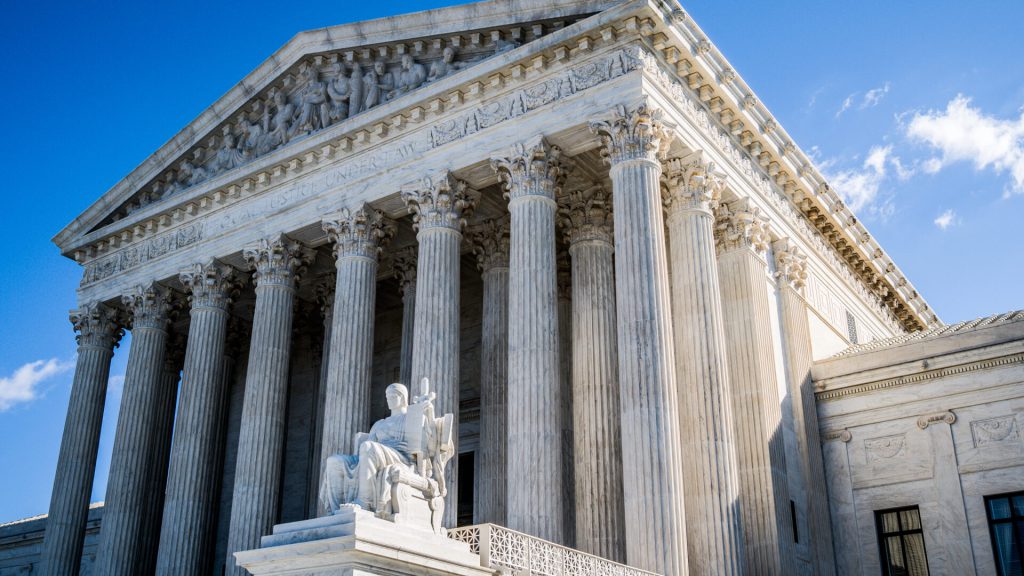
The final vote reflected a recognition of the potential dangers of overreach and the need to strike a balance between party discipline and individual rights. The rejection of these provisions signaled a desire to avoid the most draconian measures and maintain a degree of flexibility within the party.
A Divided Party Grapples with Its Future
The aftermath of the vote left the Wyoming Republican Party grappling with its future direction. The rejection of the “Liz Cheney Amendment” exposed deep divisions within the party and raised questions about how to move forward in a united manner.
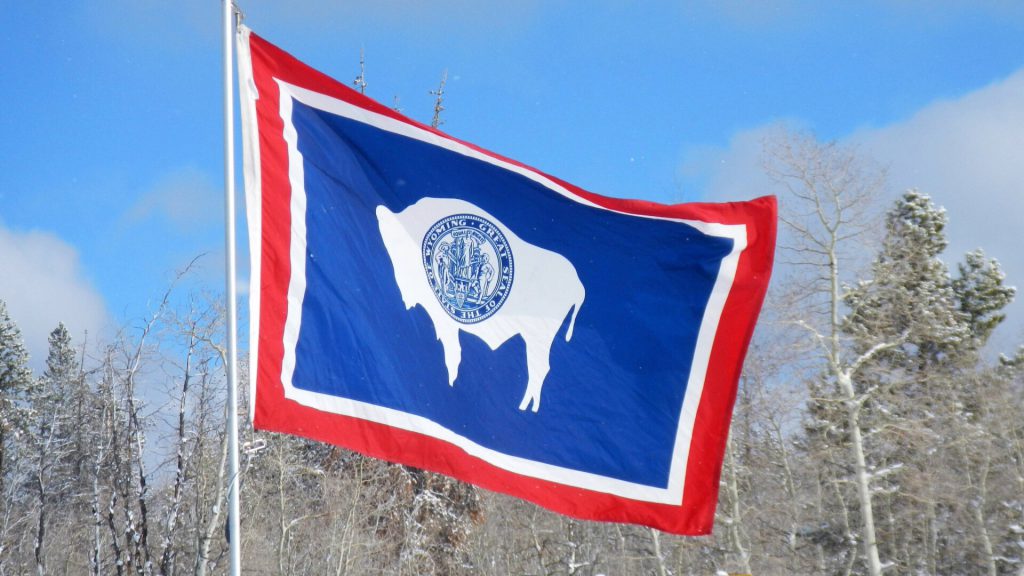
As the dust settled, it became clear that the party would need to find new ways to address its internal differences and chart a path forward that could accommodate a range of viewpoints. The challenge of balancing principle and pragmatism loomed large on the horizon.
Lessons Learned and Reflections on the Debate
The intense debate surrounding the “Liz Cheney Amendment” offered valuable lessons for the Wyoming Republican Party and political organizations across the country. It highlighted the importance of open dialogue, the need to consider unintended consequences, and the delicate balance between party discipline and individual freedoms.

As participants reflected on the experience, many came away with a renewed appreciation for the complexity of political decision-making and the challenges of building consensus within a diverse organization. The debate served as a reminder of the ongoing struggle to define the soul of a party in a rapidly changing world.
Looking Ahead: The Road to 2024 and Beyond
With the 2024 elections on the horizon, the Wyoming Republican Party faces the daunting task of uniting its ranks and presenting a cohesive vision to the electorate. The rejection of the “Liz Cheney Amendment” serves as a starting point for a broader conversation about the party’s values, strategies, and future direction.

As the party looks ahead, it must grapple with the challenges of appealing to a diverse range of voters, addressing the concerns of its members, and navigating the ever-shifting tides of American politics. The road ahead is far from clear, but the lessons learned from the debate will undoubtedly shape the party’s trajectory in the years to come.

